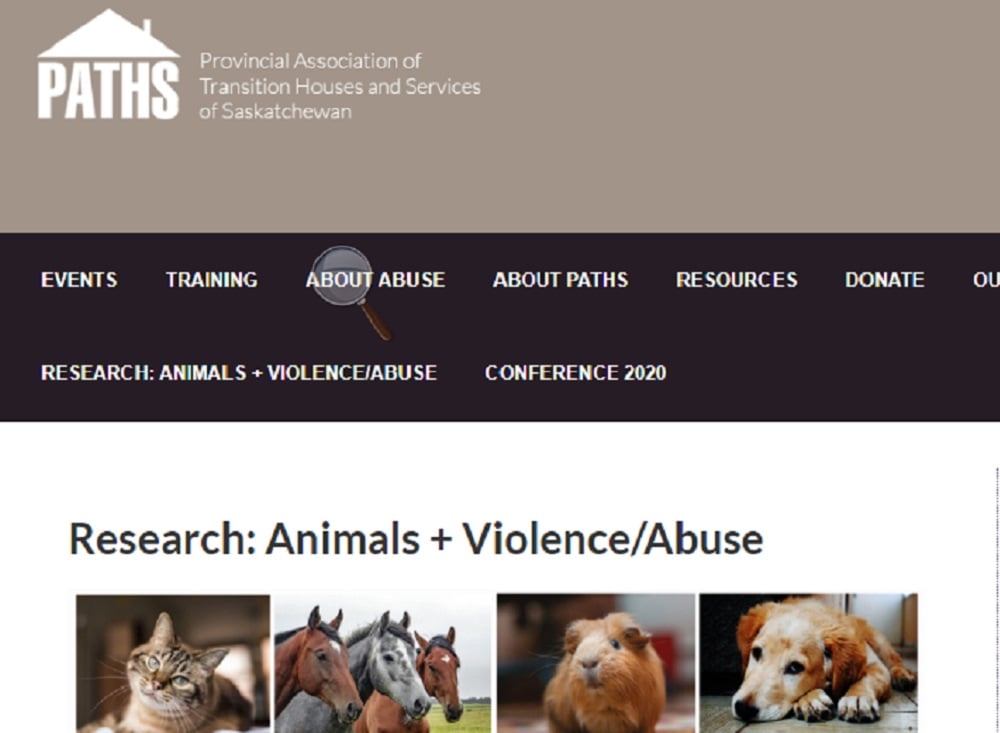Research is underway in Saskatchewan to better understand the connections between domestic abuse and animal care.
Previous research has shown links between child, spousal and elder abuse and animal abuse and neglect, notes the Canadian Veterinary Medical Association on its website. As well, many people who have left abusive relationships have reported that abusers had threatened or harmed their animals.
The Saskatchewan SPCA and the Provincial Association for Transition Houses and Services of Saskatchewan (PATHS) are now conducting research to better understand the connection between animal ownership, animal safekeeping and domestic abuse.
Read Also

Drought preparation is better than reaction
Glacier FarmMedia – When it comes to drought, imagining the worst may be the best way to start planning for…
“We are specifically looking for participation from people across Saskatchewan including rural, remote, and northern; people who live on farms; and people who own livestock, service animals, or pets,” says Crystal Giesbrecht, director of research and communications at PATHS.
Giesbrecht says that research is underway on animal maltreatment, animal safekeeping and domestic violence in other provinces. But she hasn’t seen much research that includes livestock and service animals. The Saskatchewan study also differs from others because it seeks input from service providers, the general public and abuse survivors, including survivors who didn’t seek help because they had animals, she adds.
The project includes both online surveys and interviews. For the online surveys, researchers are looking for:
• Domestic violence service providers, such as people working at shelters, counsellors, police, lawyers and first responders.
• Animal service providers, such as veterinarians, and those working at animal rescues and humane societies.
• The public.
Researchers also plan to interview people who have experienced abuse and owned animals by phone,
All interviews are confidential, and the organizations are not collecting the identities of online survey participants.
The project began in January and will continue until March 31. For more information or to fill out an online survey, visit pathssk.org/animals-ipv. Giesbrecht can also be reached at 306-522-3515 or 306-522-3573, or via email at [email protected].
People wishing to be interviewed can also contact Sandra Anderson, program director at the Saskatchewan SPCA at 306-382-2419 or at [email protected].
















